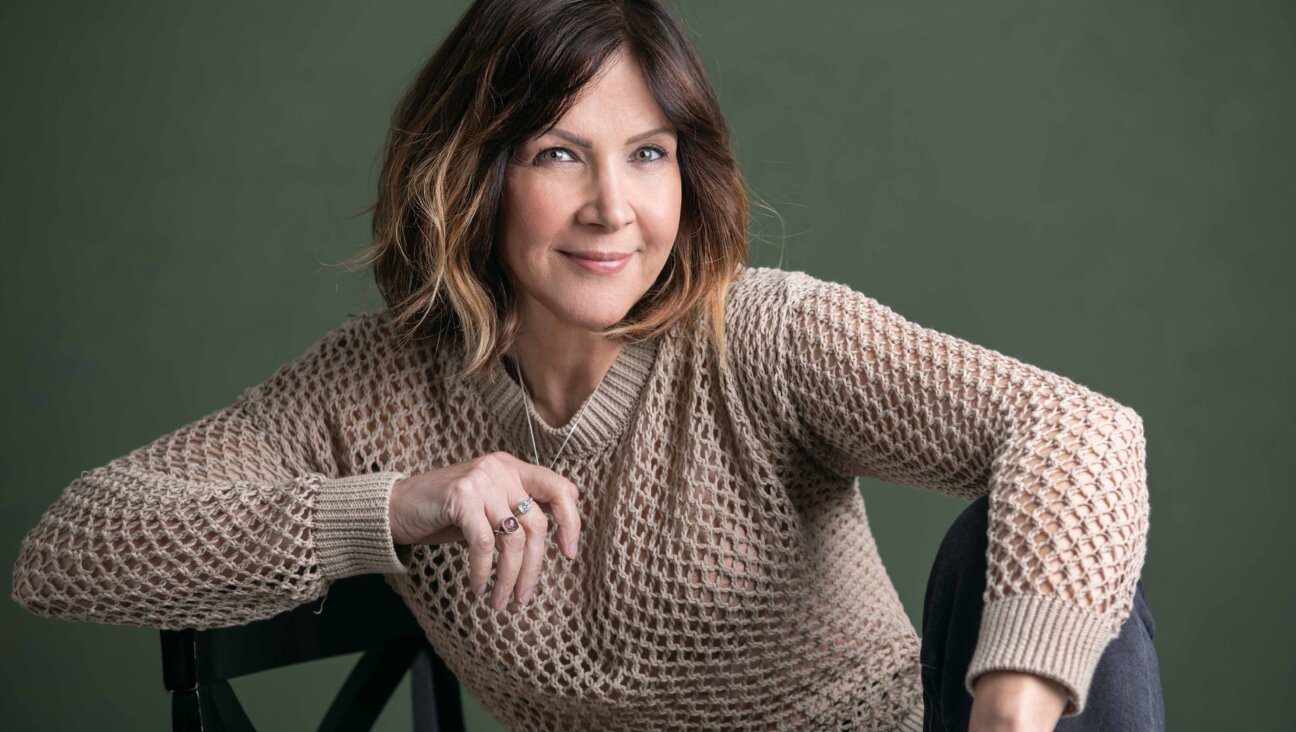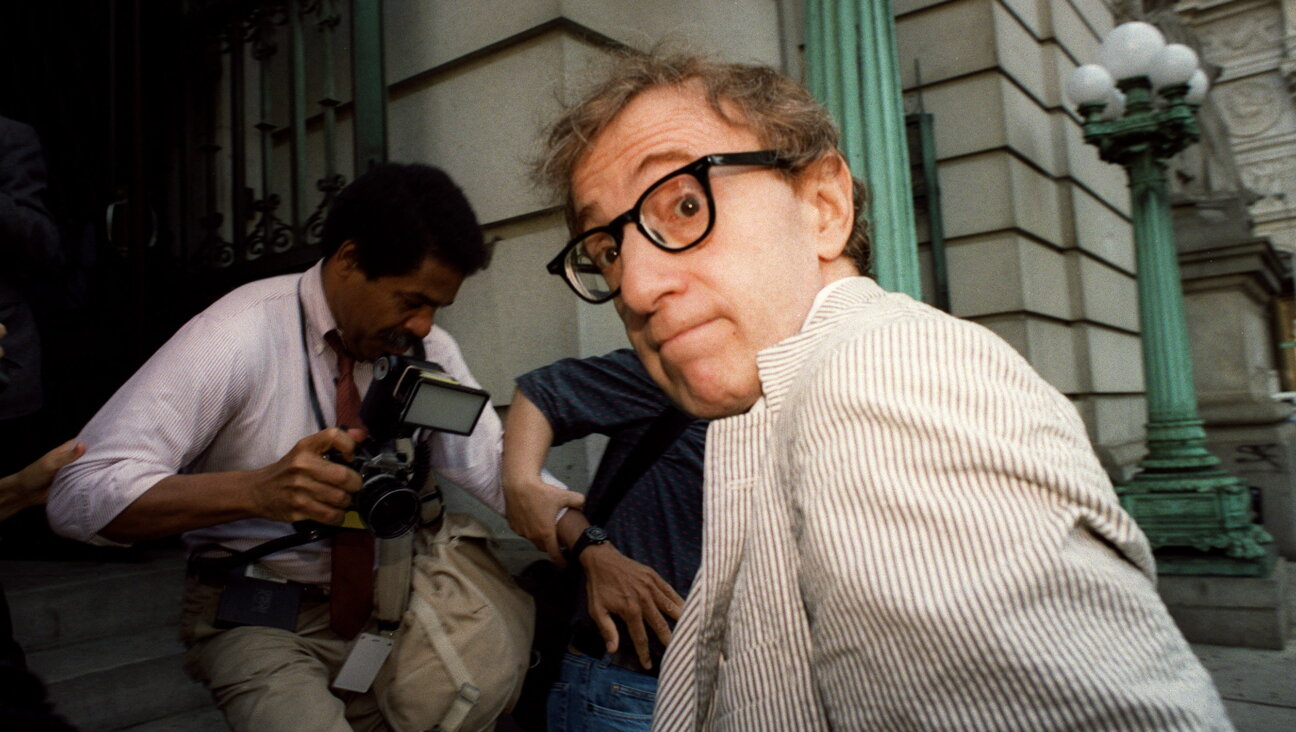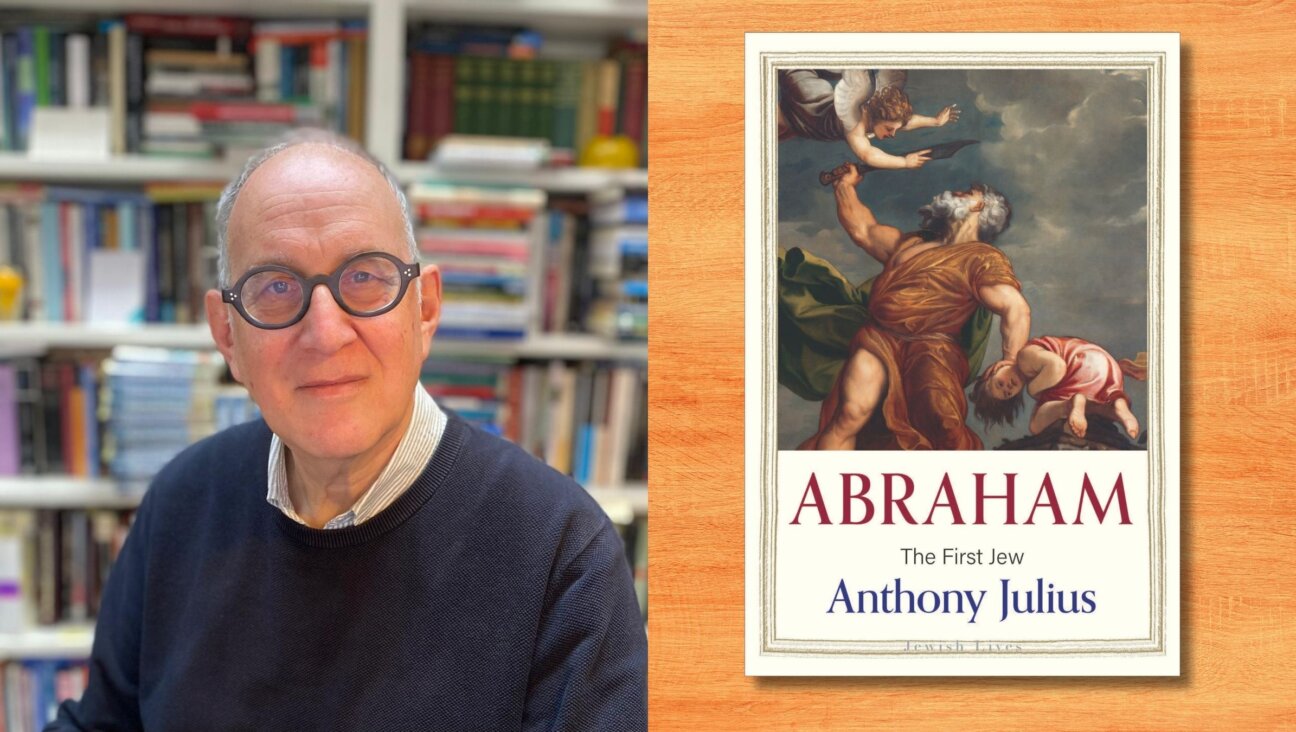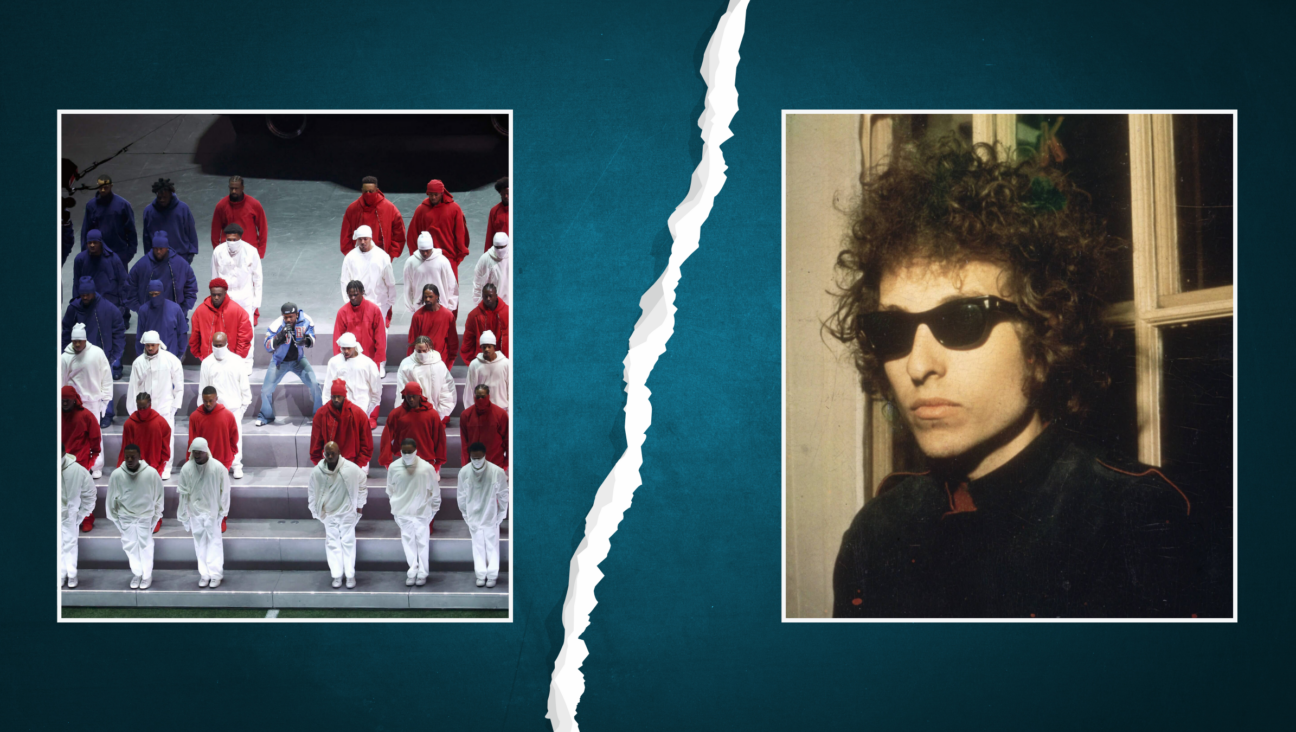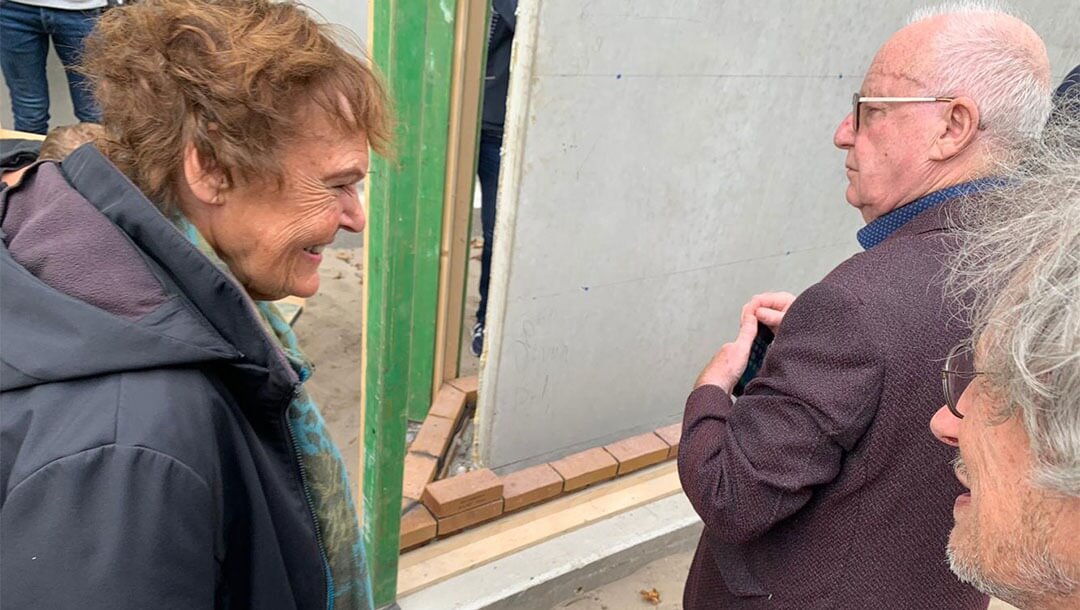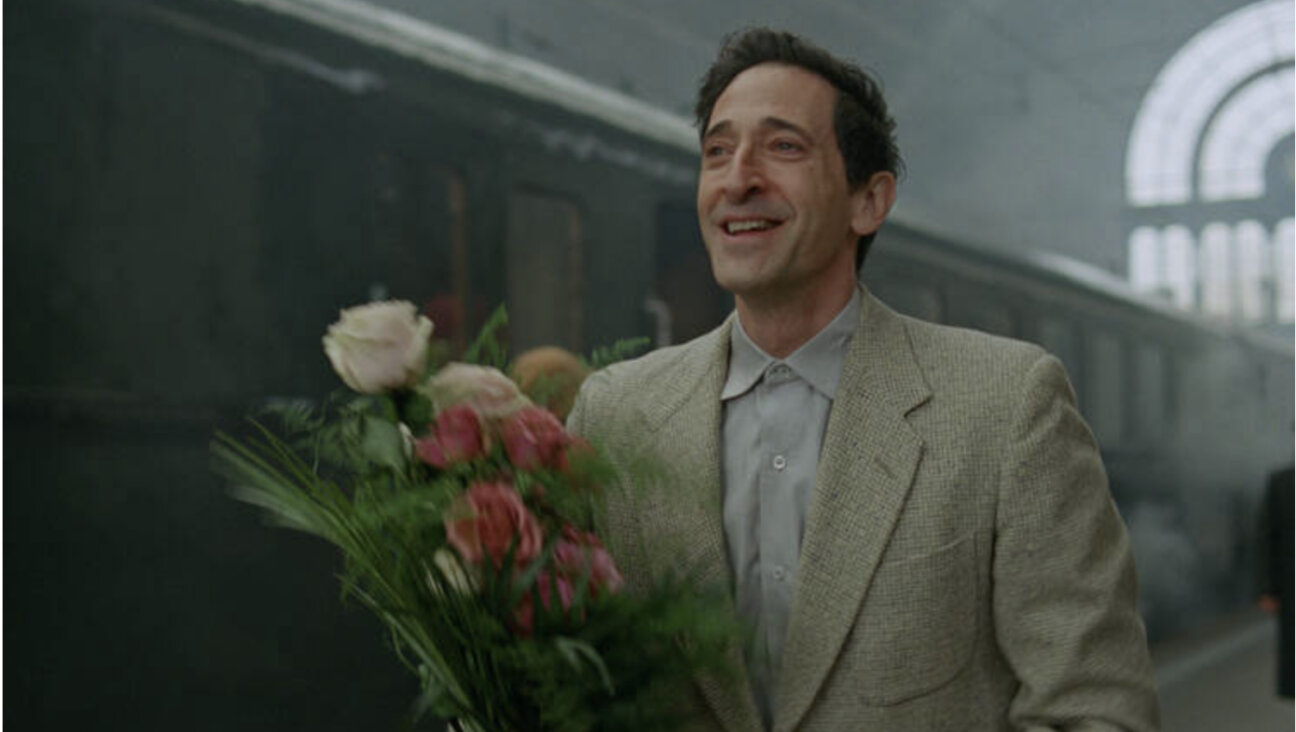Women Helped Jewish Lit Evolve in 2012

On December 6, the Center for the Humanities at The Graduate Center of The City University of New York hosted a panel with an intriguing title: “Contemporary Jewish-American Writing: What Has Changed?” Equally interesting, especially when attention is being paid to gender (in)equities in publishing, the panel proposed to discuss how women writers, in particular, have influenced the shifts. Although the event didn’t address all of its anticipated questions, it left me considering how my own recent reading in Jewish books — works whose content reflects an engagement with identifiably Jewish subjects, such as Jewish history, prayer, ritual, language and Israel — may reflect some of those shifts and changes.
I recently compiled a list of the “Jewish” reading I completed in 2012, and it confirmed what I suspected: Anyone who believes that Jewish-American writing remains rooted in tales of New York and neurosis, with gratuitous Yiddishims sprinkled in for good measure, is simply wrong. In fact, Jewish-American literature continues to grow richer and more far-reaching. Moreover, as samples from my year-end list suggest, women writers are contributing significantly to its evolution.
-
“Moving Waters,” by Racelle Rosett. This short-story collection brings to life a community of Reform Jews in Los Angeles. From female rabbis to queer congregants, Rosett’s characters embody Jews who have only in the past generation become visible in American Jewish life and American Jewish literature.
-
“There’s Jews in Texas?” by Debra L. Winegarten. Winner of the 2011 chapbook contest administered by Poetica Magazine, Winegarten’s poetry chapbook reminds us of the presence of American Jewish populations outside the coastal clusters, recalls experiences of the 1960s, and renders homage to a remarkable Jewish mother—Winegarten’s.
-
“The Middlesteins,” by Jami Attenberg. Attenberg is an author, not a stand-up comedian. But if we’re starting to acknowledge the contributions of women, including Jewish women, in comedy, it seems fair to note that Attenberg’s latest novel, while taking on some very serious themes, is also very funny.
-
“The Innocents,” by Francesca Segal. Born in London, Segal has American parentage, and her debut novel is similarly bound to American literary tradition. “The Innocents” re-casts Edith Wharton’s “The Age of Innocence”; in Segal’s version, the story is set not within the 19th-century Protestant elite in New York, but rather in a contemporary Jewish community in London. Incorporating the legacy of the Holocaust, vacations in Israel, and shame stemming from a financial scandal whose chief culprit is a Jew, “The Innocents” offers a decidedly modern and Jewish take on the age-old and mainstream themes of family and fidelity.
-
I’ve also sneaked a peek into what 2013 will bring us, including Karen E. Bender’s novel, “A Town of Empty Rooms,” which traces what happens to a (nominally) Jewish couple, Serena and Dan, after they move from New York to Waring, N.C. Conflicts emerge within the marriage, with a particularly unsympathetic non-Jewish neighbor, and within the fictional Temple Shalom, where Serena becomes increasingly active. Look for it in January.
And, whatever else you do, please continue to look for a thriving and evolving Jewish literature. I promise that you can find it.
A message from our Publisher & CEO Rachel Fishman Feddersen

I hope you appreciated this article. Before you go, I’d like to ask you to please support the Forward’s award-winning, nonprofit journalism so that we can be prepared for whatever news 2025 brings.
At a time when other newsrooms are closing or cutting back, the Forward has removed its paywall and invested additional resources to report on the ground from Israel and around the U.S. on the impact of the war, rising antisemitism and polarized discourse.
Readers like you make it all possible. Support our work by becoming a Forward Member and connect with our journalism and your community.
— Rachel Fishman Feddersen, Publisher and CEO







